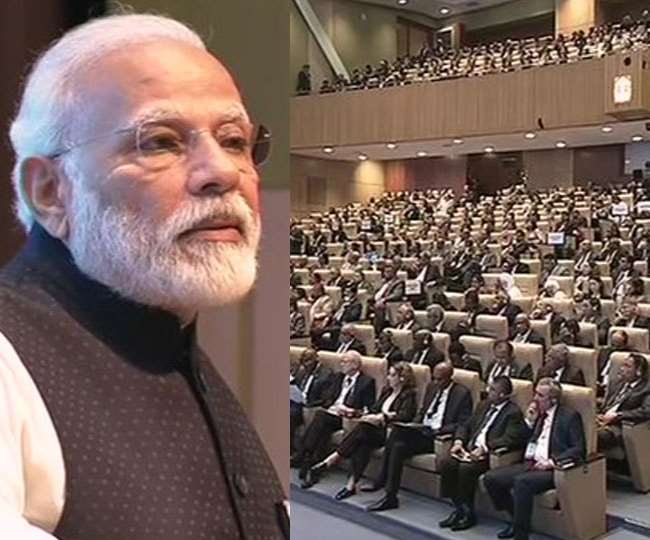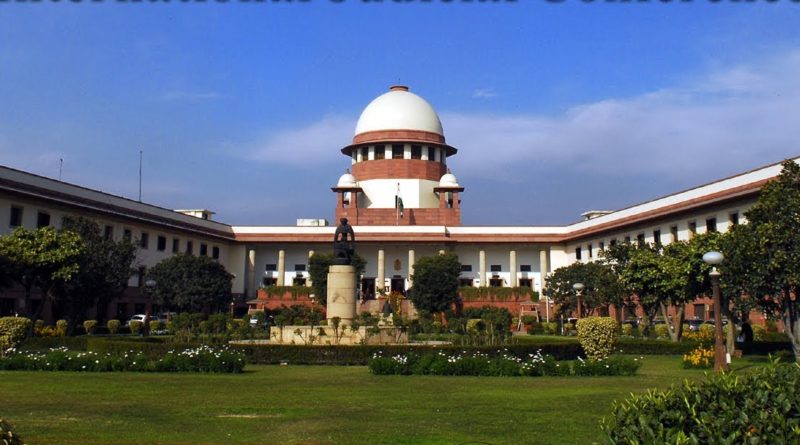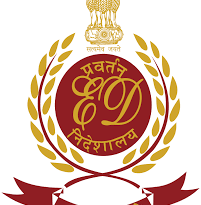PM Modi hails judiciary“Rule of law has been the basis of social rites in Indian society”at the first International Judicial Conference 2020
(Judicial Quest News Network)
Chief Justice of India Justice Bobde, Law Minister Ravi Shankar Prasad ji, Supreme Court Judge Gan, Attorney General of India present on the dais, Judges of other High Courts of the world who attended this conference, Honored Judges of Supreme Court of India and High Courts, Guests , Ladies and gentlemen !!
Coming among all of you veterans who ensure justice and dignity to crores of citizens of the world, is a very pleasant experience in itself.
The chair of justice on which you all sit is an important place of trust and confidence in social life.
Many many greetings to all of you !!!
Colleagues,
This conference is taking place in the early third decade of 21st century. This decade is the decade of major changes happening in the whole world including India. These changes will be on every front, social, economic and technological.
These changes must be logical and equitable, these changes should be in everyone’s interest, keeping in mind the future requirements, and therefore, brainstorming on Judiciary and The Changing World isvery important.
Friends, it is also a very happy occasion for India that this important conference is being held today in that period when our country is celebrating the 150th birth anniversary of Mahatma Gandhi, the Father of the Nation.
Pujya Bapu’s life was devoted to truth and service, which are considered the foundation of any judiciary.
And our father himself was a lawyer, a barrister. The first case of his life he fought, Gandhiji has written in great detail in his autobiography.
Gandhiji was then in Bombay, today’s Mumbai. There were days of struggle. Somehow the first case was found but they were told that they would have to pay commission to someone in return for that case.
Gandhiji had clearly said that if the case is found or not, I will not give commission.
Gandhiji had so much clarity in his mind about truth, his views.
And where did this clarity come from?
His upbringing, his rites and his continuous study of Indian philosophy.
Friends,
Rule of law has been the basis of social rites in Indian society.
We have here- ‘Kshatrayasya Kshatramyat Dharma:’. That is Law is the King of Kings, Law is supreme. Such thoughts, which have been going on for thousands of years, is a big reason that every Indian has a strong faith in the judiciary.
Colleagues,
Recently there have been some big decisions which were discussed all over the world.
A number of apprehensions were being expressed before the verdict. But what happened? 130 crore Indians accepted these decisions given by the judiciary with full consent. For thousands of years, India has been moving forward with these values of faith in justice. This has also become the inspiration of our Constitution. Last year itself, our Constitution has completed 70 years.
Constitutional creator Dr. Baba Saheb Ambedkar said-
“Constitution is not a mere lawyer’s document, it is a vehicle of life, and its spirit is always a spirit of age.”
This sentiment has been carried forward by the courts of our country, our Supreme Court.
This spirit has been kept alive by our Legislature and Executive.
Understanding each other’s limitations, in the midst of all the challenges, many times the three Pillars of the Constitution have found the right path for the country.
And we are proud that such a rich tradition has developed in India.
In the last five years, different institutions of India have strengthened this tradition.
Around 1500 such old laws have been abolished in the country, which were losing their relevance in today’s era.
And it is not that there has been a spurt in ending the law only.
New laws strengthening society have been enacted at a rapid pace.
Whether it is the law relating to the rights of Transgender Persons, the law against triple talaq, or the law that extends the rights of persons with disabilities, the Government has acted with full sensitivity.
Friends,
I am glad that the theme of Gender Just World has also been introduced in this conference.
No country in the world, no society can make full development without Gender Justice, nor can it claim justice. Our Constitution ensures Gender Justice only under Right to Equality.
India is one of the very few countries in the world that has ensured the right of women to vote since independence. Today, after 70 years, this participation of women in elections is at its highest level.
Now India of the 21st century is advancing this participation in other aspects as well.
Due to successful campaigns like Beti Bachao, Beti Padhao, the enrollment of Girls Child in Educational Institutions of India has become more than boys for the first time.
In the same way, there are many changes made by the government, the appointment of daughters in military service, the selection process of fighter pilots, the freedom to work at night in the mines.
Today, India is one of the few countries in the world that gives 26 weeks of Paid Leave to the country’s career women.
Colleagues,
In this era of change, India is also gaining new heights, creating new definitions and changing old concepts.
There was a time when it was said that rapid development and protecting the environment, it is not possible to be together.
India has also changed this concept. Today, while India is growing rapidly, our Forest Cover is also expanding rapidly. 5-6 years ago India was the 11th largest economy in the world. According to the report which has come 3-4 days ago, India is now the 5th largest economy in the world.
That is, India has shown that along with the creation of infrastructure, the environment can also be protected.
Colleagues,
On this occasion, I also want to express my gratitude to the judiciary of India, who has understood the seriousness of the balance between development and environment, has been a constant guide in that.
During the hearing of several Public Interest Litigations-PILs, the Supreme Court has also redefined the environment related cases.
Colleagues,
Along with justice before you, the challenge of speedy justice has always been. To this extent technology remains with the solution.
India’s Justice Delivery System will benefit greatly from Internet-based technology, especially regarding the Court’s Procedural Management.
It is also the effort of the government that every court of the country be connected to the e-court Integrated Mission Mode Project. The establishment of the National Judicial Data Grid will also make court procedures easier.
The synergy of artificial intelligence and human conscience will also give further impetus to judicial processes in India. Courts in India can also be brainstormed on which field, at what level they have to seek the help of Artificial Intelligence.

Apart from this, in the changing times , subjects like Data Protection, Cyber Crime, are also emerging as a new challenge for the courts. Keeping these challenges in mind, there will be serious brainstorming in this conference on many such topics, some positive suggestions will come out. I am confident that this conference will also lead to many better solutions for the future.
Once again, I conclude with the best wishes to all of you.




